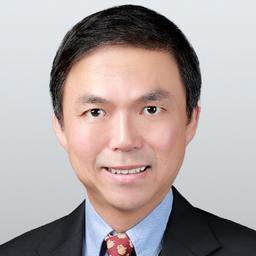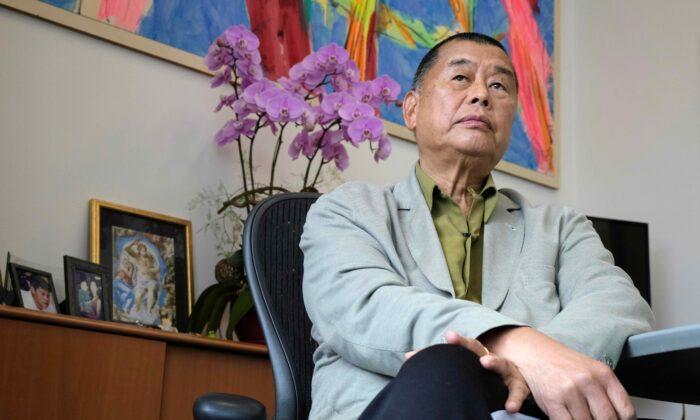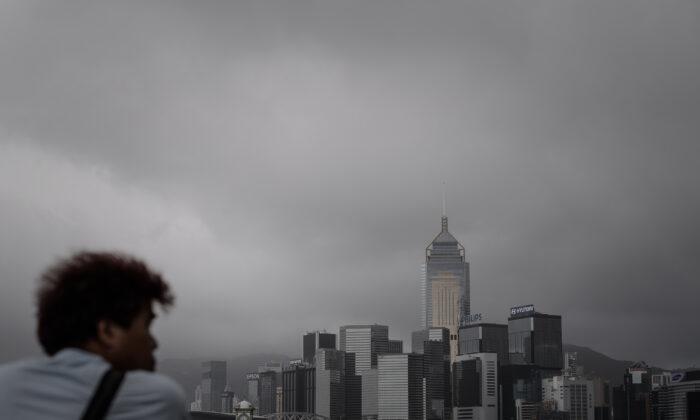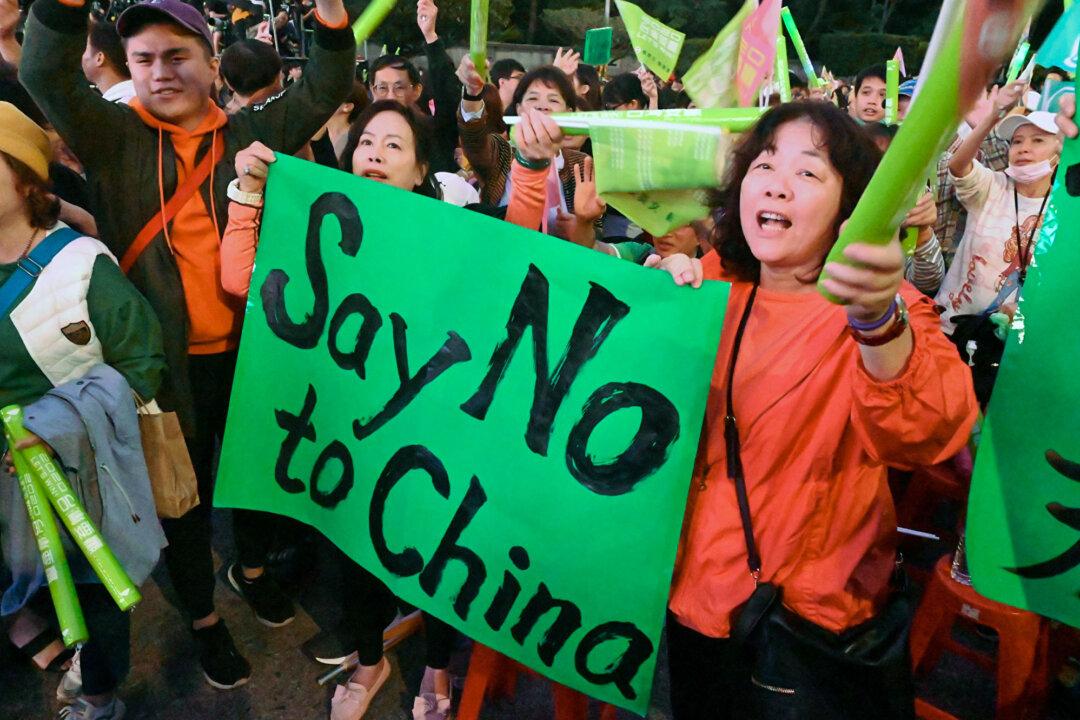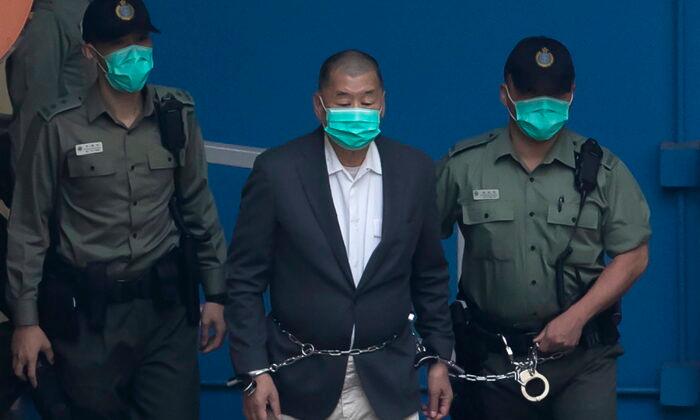I remember June 28, 2021, as a day filled with overwhelming uncertainty and anxiety. Two days earlier, the English executive editor of Apple Daily had been arrested at the Hong Kong International Airport. I couldn’t ignore the chilling reality of what was happening. I, too, had written for that paper, and I knew all too well what that could mean for me. It felt like the walls were closing in. When I boarded that Air Canada flight, it wasn’t just a trip; it was an escape. It could have been a one-way ticket.
As the plane took off, I gazed out of the window, trying to absorb every last image of the city that had shaped me. It was surreal. Was this it? Was this goodbye for good? The city I had fought for, the freedoms we had cherished, and the life I had known—all of it felt like it was slipping away beneath the clouds. I didn’t know what the future held or if I would ever return. The only thing I knew for certain was that staying had become too dangerous.
Three years have passed, and Hong Kong has been reshaped by the China-imposed National Security Law (NSL). I think back to the pro-democracy politicians convicted in May 2021 for “conspiracy to commit subversion” under that same law. What was their crime? Organizing unofficial primaries in an attempt to give Hongkongers a voice. Their goal was to push for universal suffrage—a right explicitly promised by Hong Kong’s Basic Law. However, the authorities have twisted even the constitution, ruling that using constitutional rights to pressure the government is itself a criminal act.
This ruling struck me as deeply unjust but, sadly, not unexpected. The judiciary in Hong Kong has long been forced to operate under China’s watchful eye. Judges may want to defend the rule of law, but they are trapped by Beijing’s control, fearful of having their rulings overturned by China’s interpretation of the Basic Law. It’s a constant reminder that the legal system in Hong Kong is no longer truly independent. The rule of law may still exist on paper, but in practice, it is being systematically dismantled.
I think about the changes that have come in the wake of the NSL. Media outlets that once stood as symbols of Hong Kong’s vibrant free press—like Apple Daily—have been crushed, their editors arrested, and their voices silenced. Campaign groups have been dismantled, their leaders behind bars. The once-thriving political and civil society landscape of Hong Kong has been decimated.
Hong Kong has been sinking since that fateful day on June 30, 2020, at 11:00 p.m. when the NSL came into effect. The city’s glory is gone. The defenders of our core values have been imprisoned or driven into exile, like myself. For years, Hongkongers tried peaceful protests, asking Beijing to honor the original “one country, two systems” promise. But our pleas fell on deaf ears. Beijing has since overhauled the electoral system, and vague, sweeping interpretations of the NSL have merged Hong Kong’s legal system with China’s authoritarian regime. It’s not just the law that has changed; professional bodies—education, health care, accounting, law—have all been brought under direct control. Everything we once knew is being suffocated.
For me, Hong Kong was always more than just a financial hub. It was a city of possibilities—a place where people could build their futures, whether through business, craftsmanship, or trade. It was a place that allowed for survival and success. But that Hong Kong no longer exists. Beijing’s chokehold has stripped the city of its soul. The streets that once buzzed with entrepreneurial energy now feel stifled by fear and uncertainty. The future is bleak, and many are choosing to leave rather than live under constant threat.
My closest friends, those from the finance and business sectors, remain deeply committed to the ideals of Hong Kong’s freedoms. Yet even among the pro-establishment business community, there is growing concern. I hear it in their voices when we talk—people who once defended the government’s actions now express fears for their children’s future in a city where freedom of speech no longer exists. Even they recognize the tyranny creeping into every corner of life.
Former Chief Executive CY Leung’s warnings about separatism and foreign forces seem ridiculous in hindsight. Most Hongkongers never wanted independence—they simply wanted the freedoms that were promised to them. And yet, paranoia continues to dominate the rhetoric, with current Chief Executive John Lee making similar claims. What’s terrifying is the growing sense that Hong Kong’s distinctions from mainland China are disappearing. Visa refusals, asset freezes, deportations—all of these tactics, once foreign to our city, are becoming a grim reality.
As I watch from afar, I see the exodus continuing. Capital is flowing out of Hong Kong, and so are the people. This time, it’s not just the pro-democracy activists leaving—many from the pro-establishment camp are also packing their bags. They see the writing on the wall. The government’s heavy-handed approach has backfired, and the cracks are widening. Even those who once stood with the authorities now find themselves reconsidering their future in a city where personal and business security are no longer guaranteed.
I remember a recent conversation with a pro-establishment business contact. We were on FaceTime, and he looked at me with a mixture of fear and desperation. “Do you think John Lee and the sanctioned officials are still in their right state of mind to govern Hong Kong?” he asked. His question highlighted just how much the political divide is narrowing. It’s no longer just about ideology—it’s about survival. Everyone, no matter their previous allegiances, is beginning to see the dangerous path Hong Kong is on.
Hongkongers now find themselves caught in the middle of a larger conflict—a battle between communist China and the West. In this war of ideologies, our voices have been drowned out. We are collateral damage in a fight we never asked for. The days ahead will be difficult; more turmoil seems inevitable. But even in these dark times, I believe we must continue to defend the spirit of Hong Kong, no matter where we are in the world. Hong Kong’s legacy may be bruised, but its fight for freedom will endure.
When I boarded that flight on June 28, 2021, it felt like I was leaving behind more than just a city. It felt like I was leaving behind an entire life—the familiar faces of those I had shared my days with, the vibrant streets that buzzed with ambition, and the spirited political discussions that once thrived in coffee shops and at the Foreign Correspondents’ Club (FCC). But even as I left, the Hong Kong I loved had already begun to vanish, replaced by a suffocating atmosphere of fear and repression.
A lot of Hongkongers still don’t know if they will ever return. But what I do know is that Hong Kong lives on in me. The spirit of that city, its defiance in the face of oppression, its creativity, and its determination—those things cannot be destroyed. Wherever I am, Hong Kong is with me, and we must keep that spirit alive, even if it has to be outside the city’s borders. We must build the Hong Kong spirit overseas and keep its values burning so that no matter how far away we are, Hong Kong will always have a place in our hearts, waiting for the day when it can truly be free.

